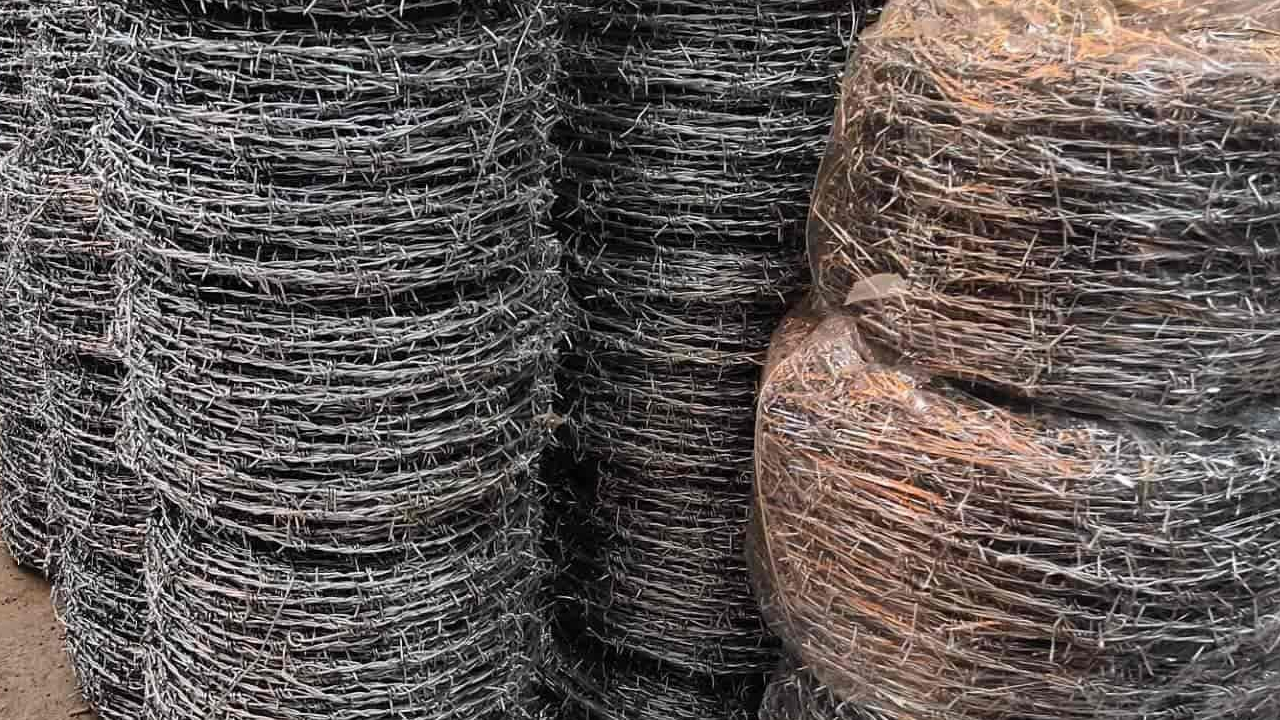Fencing Wire

Fencing Wire
Fencing wire is a type of wire specifically designed for creating fences, offering security, privacy, and enclosure for various purposes such as agricultural, industrial, residential, or recreational use. Fencing wire is usually made from steel, though other materials like aluminum or galvanized wire can also be used, depending on the type of fence and its intended application. The wire is typically woven, twisted, or stretched to create a mesh or taut line, depending on the specific type of fencing.
Types of Fencing Wire
- Barbed Wire
- Razor Wire
- Welded Wire Fencing
- Woven Wire Fencing (Field Fencing)
- Chain Link Fencing
- Electric Fencing Wire
Product Features
- Strength: Fencing wire is available in various thicknesses (gauges), with thicker wires offering greater tensile strength. The wire's gauge will determine how strong the fence will be and how much weight or pressure it can withstand.
- Durability: High-quality fencing wire is designed to withstand harsh weather conditions (rain, wind, UV rays) and physical wear. Galvanized and PVC-coated wires are particularly resistant to corrosion and rust, which prolongs their lifespan.
- Flexibility: Some fencing wires, such as woven wire or barbed wire, are designed to be flexible, allowing them to bend or stretch to create a more durable and secure fence.
- Security: Fencing wire can be used for security purposes by adding elements like barbed or razor wire, or by increasing the wire’s tensile strength. Electrified wire can further increase security by delivering a non-lethal shock to intruders or animals.
Manufacturing Process
- Casting: The first step in the production of wire rods is the casting of molten metal into a solid shape, usually in the form of billets or blooms.
- Rolling: The billets are heated and passed through rollers to reduce their cross-sectional area and increase their length, forming the wire rod.
- Cooling: After rolling, the wire rods are cooled to room temperature before being coiled or cut into specific lengths.
